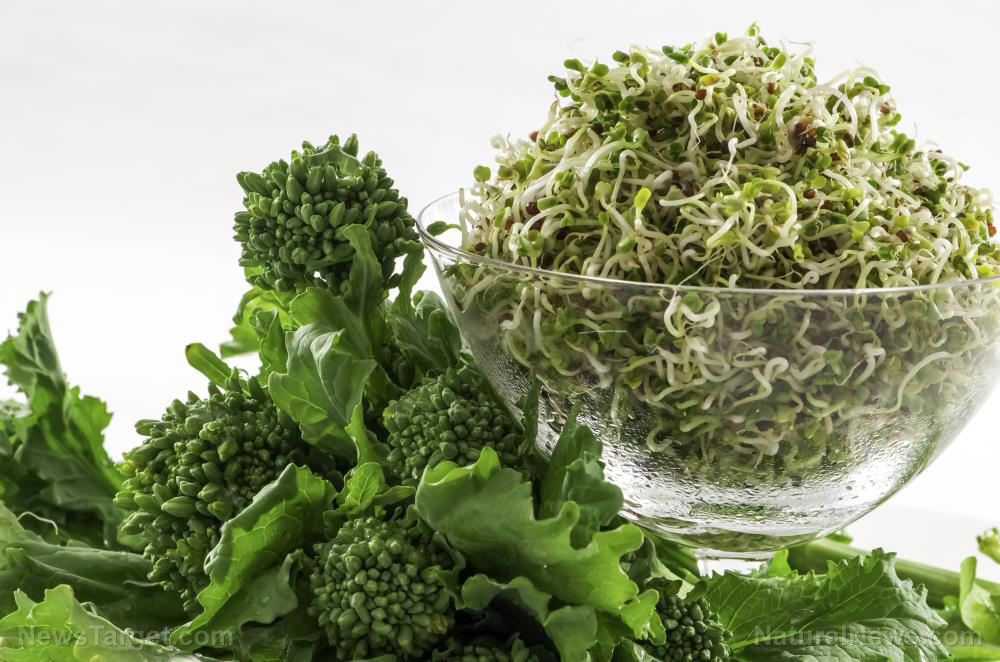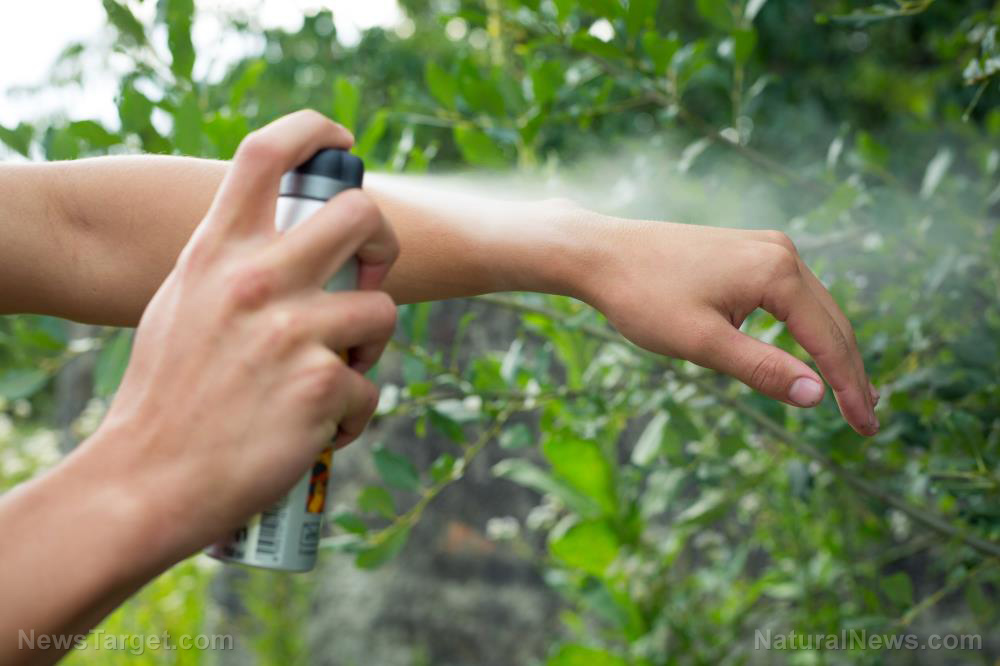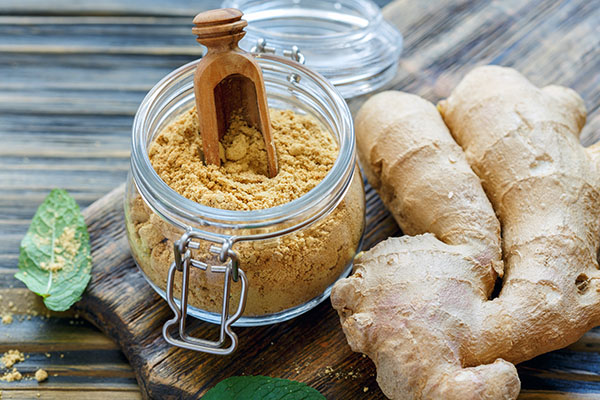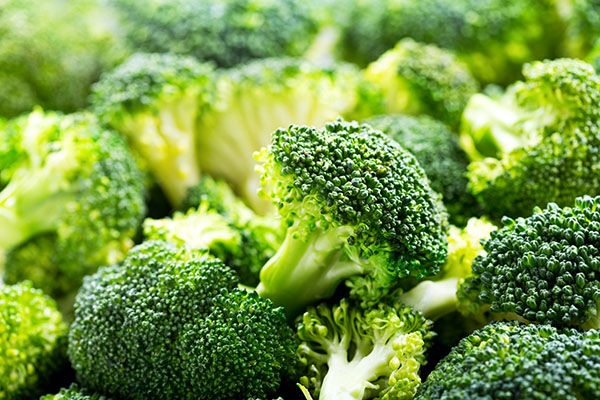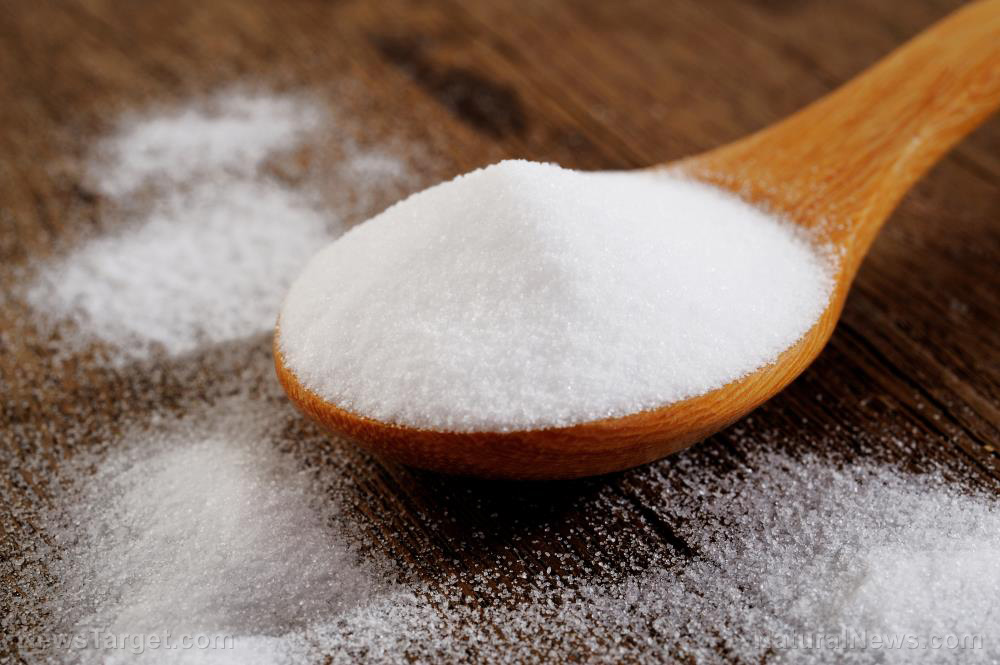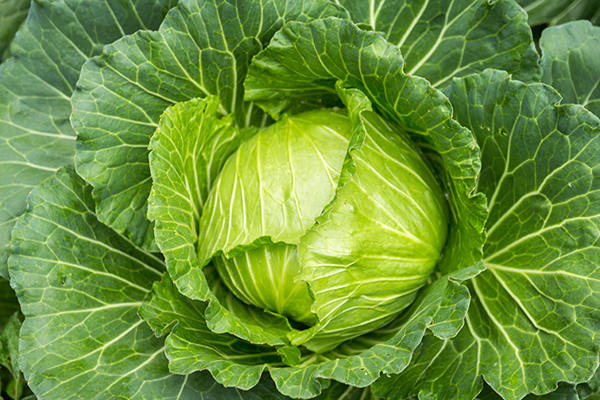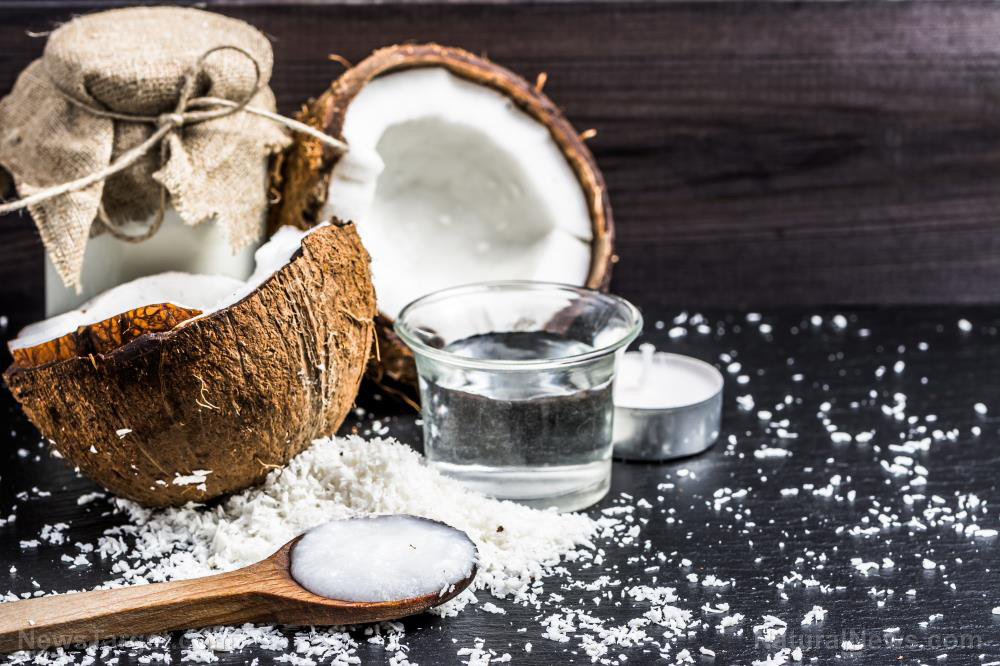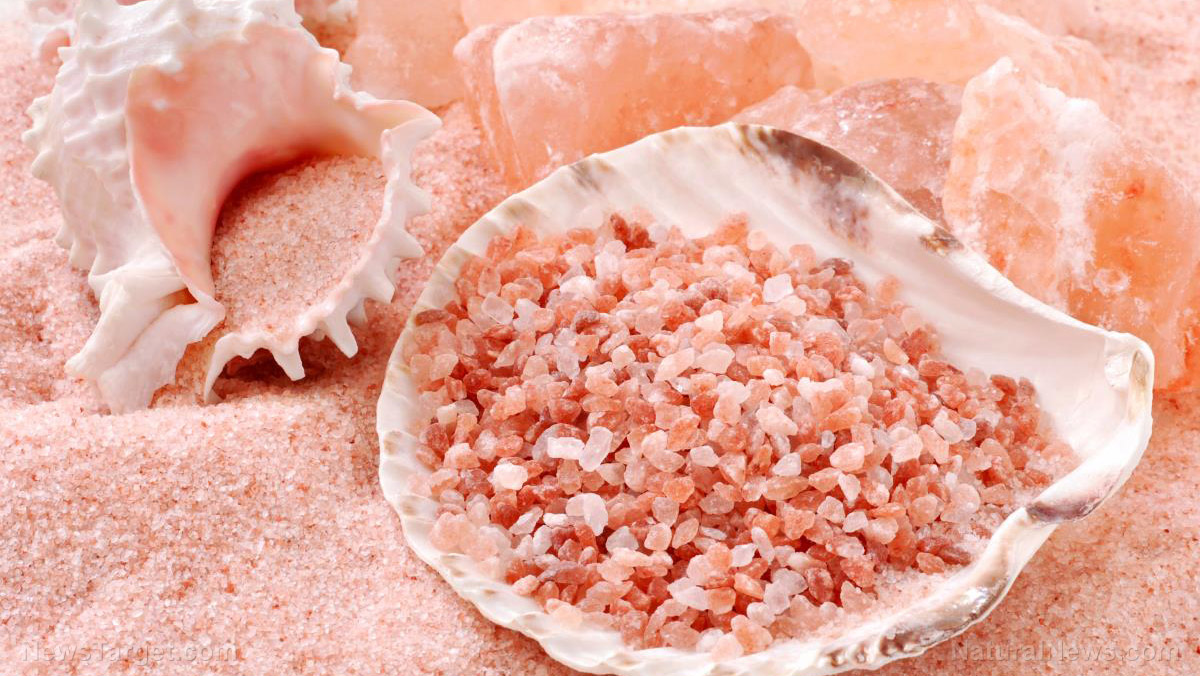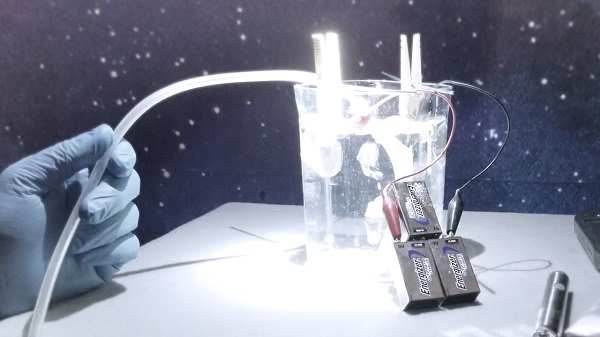New natural protocols and lifestyle treatments are desperately needed to tackle heart disease
03/28/2024 / By Lance D Johnson
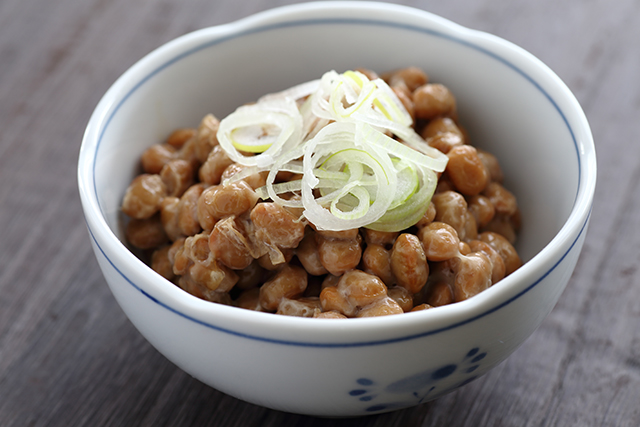
In the United States, heart disease is the leading cause of death for men and women, regardless of race or ethnicity. Despite advances in surgical care, the American medical system is failing. It’s failing to address the root causes of the heart disease epidemic and failing to educate on the lifestyle and eating adjustments that can treat the underlying conditions. The latest statistics show that heart disease costs the U.S. about $239.9 billion each year, and the problem is getting rapidly worse. And now, after populations were coerced into taking multiple rounds of mRNA spike proteins, studies have shown that these foreign proteins act as cardio-toxins, causing heart inflammation and blood clotting factors.
New protocols and guidelines are desperately needed to tackle the heart disease epidemic in the U.S. and address heart-related vaccine damage. The current protocols, which rely heavily on statin drugs, are not addressing the root cause of heart disease. The latest research on berberine, nattokinase, and bergamot is promising for the prevention of heart disease, and builds upon the benefits conferred by other natural options like capsaicin, anthocyanins, and nitric oxide.
The latest research on berberine, nattokinase and bergamot for preventing heart disease
Currently, the go-to treatment for heart disease is statin drugs. These drugs work by lowering cholesterol; however, they fail to address the root cause of cardiovascular issues — inflammation from oxidized blood lipids. This problem occurs when fats in the bloodstream lose electrons and undergo oxidation. When low density lipoprotein (LDL) cholesterol becomes oxidized, it causes plaque to form inside the arteries. This oxidation of LDL occurs faster in individuals who regularly smoke, have diabetes, or high blood pressure. As the plague builds up, it restricts blood flow and narrows the arteries, leading to atherosclerosis, heart disease, and stroke.
While most people are aware that regular exercise, sun exposure, and adequate sleep are essential to heart health, more detailed, comprehensive changes are required in order to truly reverse heart disease. These changes include reducing one’s consumption of refined oils, greasy foods, and LDL cholesterol. These changes also include the addition of anti-inflammatory foods, herbs, and spices. The latest research shows that berberine, nattokinase, and bergamot address this issue, and provide a more comprehensive treatment pathway for heart disease.
Berberine
Traditional Chinese medicine has utilized berberine for thousands of years. This plant alkaloid is isolated primarily from barberry plants but can be found in a range of exotic plants, including but not limited to: Chinese goldthread, amur cork tree bark, zanthoxylum berries, and soursop.
A 2022 meta-analysis looked at 44 studies involving berberine. The findings were promising. Not only did berberine improve blood lipids, but it also reduced inflammation at atherosclerosis with minimal risks. According to the study, berberine reduces stroke risk and artery plaque buildup better than statins.
Berberine also combats heart disease by improving Type-2 diabetes. Individuals with Type-2 diabetes are twice as likely to develop heart disease or experience a stroke than those without the metabolic condition. A 2023 report found that berberine lowered blood glucose, triglycerides, and insulin, outperforming the clinical effects of metformin, the standard diabetes drug.
Natto
Nattokinase is an enzyme obtained from a fermented soybean dish called natto. This Japanese superfood provides cardiovascular benefits because it breaks down blood clots that are in circulation. Nattokinase works by breaking down fibrin, one of the main proteins that causes blood to clot. One study found that nattokinase supplementation can reduce plaque buildup by 36.6% if it is taken for at least a year. Statins, the gold standard treatment for heart disease, only reduced plaque buildup by 11.5%.
Bergamot
A lime-like citrus fruit called bergamot also shows promise for managing blood lipids and improving cardiovascular health. A 2019 systematic review found that bergamot can reduce triglycerides and total LDL cholesterol when consumed over the course of six months. Bergamot targets the dense LDL particles, which are the type most prone to oxidation.
The revolution in heart disease prevention and education is only beginning. Natto, berberine, and bergamot are just the start. From the anthocyanins in blueberries to the capsaicin in cayenne peppers, or the nitric oxide provided by beet root; there are many valuable protocols waiting to be explored for a world struggling to address the heart disease epidemic.
Sources include:
Submit a correction >>
Tagged Under:
alternative medicine, anthocyanins, arterial plaque, berberine, Bergamot, Blood clots, cardiovascular health, endothelial function, food cures, food is medicine, heart disease, heart health, LDL cholesterol, nattokinase, natural cures, natural medicine, phytonutrients, prevention, research, statins
This article may contain statements that reflect the opinion of the author
RECENT NEWS & ARTICLES
COPYRIGHT © 2017 REMEDIES NEWS

